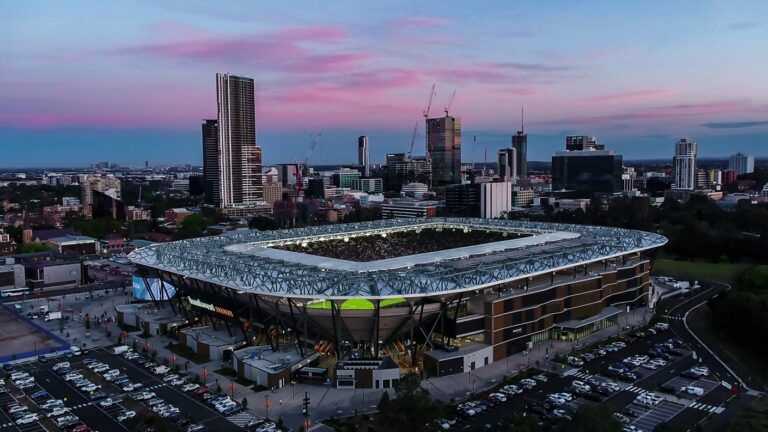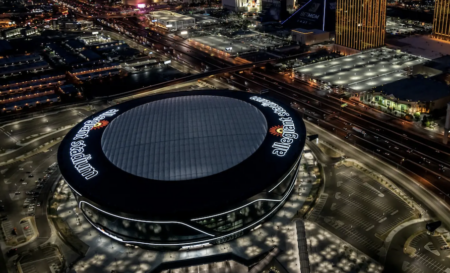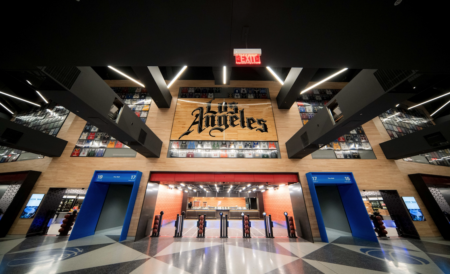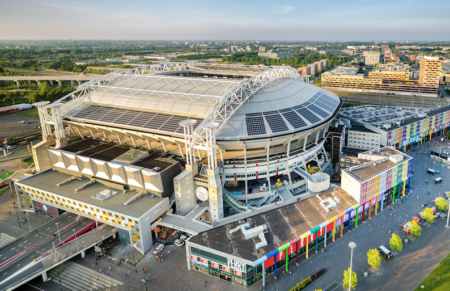Bankwest Stadium, a new 30,000-seater venue in Western Sydney, is the first stadium in the world to announce that it has received LEED v4 Gold certification for sustainability by the U.S. Green Building Council (USGBC). It is also Australia’s first LEED v4 Gold building.
LEED (Leadership in Energy and Environmental Design), an internationally recognized accreditation system, was developed by the USGBC to promote and recognize world class sustainable building strategies and practices globally.
International engineering, design and advisory company Aurecon delivered building services, structural and civil engineering, sustainability, security and wind engineering for the stadium under a design and construction team led by Lendlease, for client Infrastructure NSW. Other members of the project team included architects Populous and urban design and landscape architects Aspect Studios.
Aurecon Chief Executive Officer William Cox said the LEED v4 certification was testament to the project’s superior green credentials and an insight into the possibilities of future sustainable design.
“This certification is only awarded to projects that achieve better environmental, economic and social outcomes. With Aurecon responsible for the stadium’s sustainable design, I look forward to seeing what else can be achieved in this exciting space as we continue to design, engineer and advise on projects that will serve our communities sustainably into the future,” said Cox.
LEED v4 Gold certification for Bankwest Stadium recognizes its many sustainable initiatives, including:
- Water efficiency through plants and capturing rainwater through a 260,000 liter rainwater tank
- Energy resourcefulness via effective mechanical plant efficiency and the installation of 100 kilowatts of photovoltaic solar panels
- Connectivity to public transport
- Activation of public spaces surrounding the stadium
- Reduction of embodied carbon of the building through reducing the use of materials used to build as opposed to a traditional design
- Achievement of over 90% waste diversion from landfill, including recycling 700 kilograms of soft plastics from new seat covers, which have contributed to asphalt for roads and plastic wheel-stops





